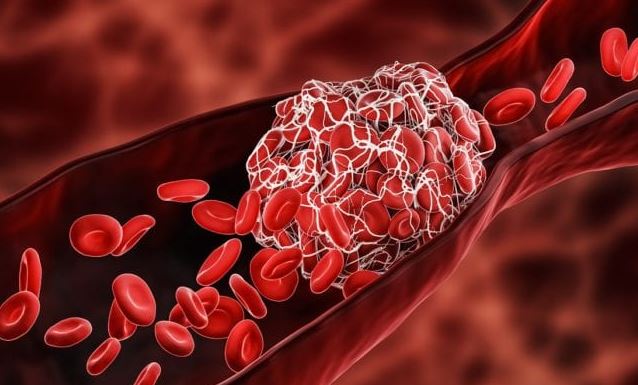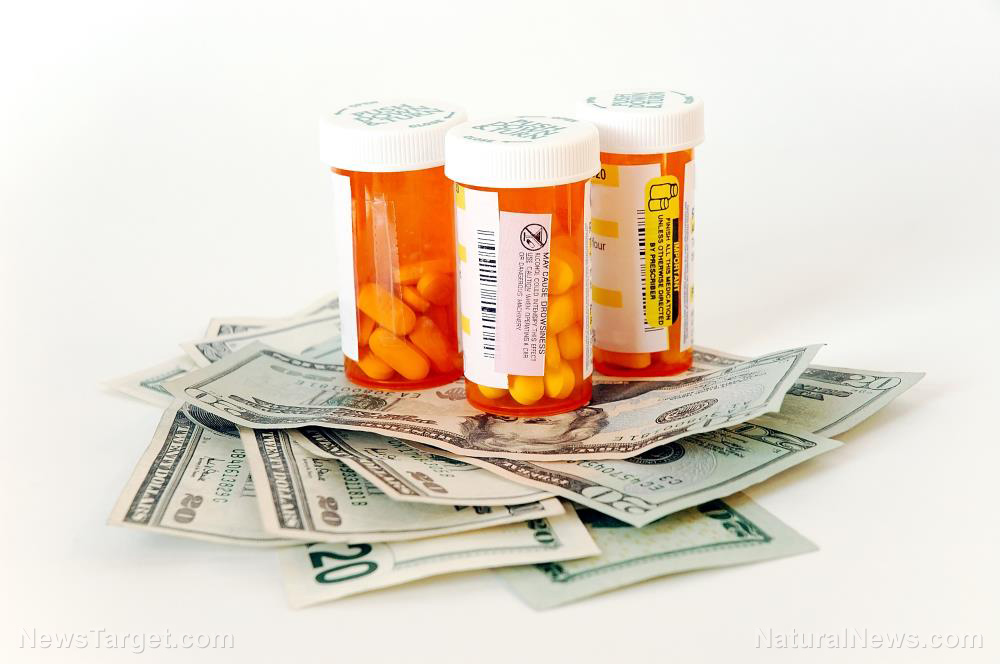
Mayo Clinic COVID Research Task Force head Andrew Badley said in an interview that the healthcare sector’s preparedness is “much better” today compared with February and March. He added that better and faster diagnosis, more knowledge about which drugs to administer and more experimental treatments becoming available contributed to a possible dive in the mortality rate.
Doctors had learned many valuable lessons since January 2020, when the first coronavirus cases appeared in the United States. These include ensuring hospitals do not run out of ICU beds and ventilators, laying patients on their stomach, administering steroids early on and treating patients with blood thinners.
Leora Horwitz, an associate professor of population health and medicine at New York University’s Grossman School of Medicine, warned that even with the improvements in healthcare, the coronavirus is in no way a non-dangerous disease and still remains a “very serious threat to public health.”
To note, the U.S. already has 200,000 fatalities, with thousands of Americans getting infected each day. The number of COVID-19 fatalities largely depends on the number of infected people in the first place; when more people get sick, more die as a result.
Healthcare workers picked up important points from initial outbreak in New York
When the coronavirus first hit New York City, doctors in the city only had limited knowledge about it as cases poured into emergency rooms. More than 27,000 deaths from COVID-19 – both probable and confirmed – have been recorded in the city. A huge chunk of the deaths in New York City happened during the outbreak’s peak in March and April.
Meanwhile, healthcare workers in different areas such as Texas had more time to prepare and learn what works based on what happened in New York City – in anticipation of the coronavirus’ arrival.
Robert Hancock, president of the Texas College of Emergency Physicians, said that the group already had some “playbook” for treating coronavirus patients. This, he added, made healthcare workers “understand the things that work … with COVID-19 much better.”
Meanwhile, Texas Medical Association President Diana Fite said that introducing blood thinners such as Heparin at the soonest helped coronavirus patients recover. “A lot of these deaths … are because of the blood coagulation; the blood clots ruin their organs,” she said. “Even if these things aren’t cures, they help a small percentage do better. You add several of those things up and you’ve got a better outcome overall.” (Related: Coronavirus found to cause blood clots in younger patients, increased risk of bleeding in at-risk patients.)
It is still more prudent to protect one’s self from the coronavirus from square one
Despite the advances in healthcare, it is still more prudent to protect one’s self from COVID-19 instead of waiting for hospitalization.
The Centers for Disease Control and Prevention (CDC) published a list of to-dos for people to avoid being infected with the coronavirus. These include frequent hand washing, avoiding close contact, covering one’s mouth when sneezing, cleaning and disinfecting daily, monitoring one’s health every day and wearing a mask as health protocols for everyone to follow.
CDC Director Robert Redfield told lawmakers during a Sept. 16 Senate hearing that using a face mask is “more guaranteed” to protect against COVID-19 compared to getting a coronavirus jab.
The CDC has emphasized that a mask is still the best protection available for most people, given that an actual vaccine for the coronavirus is still under development and any finished vaccine might not work for everyone.
Experts have warned that even seemingly healthy individuals are still at risk from the coronavirus. In case the vaccine fails to build an immune response to the coronavirus in healthy people, the mask will still provide protection.
According to data from Johns Hopkins University, the U.S. has the highest worldwide COVID-19 caseload at 6.8 million, with 200,814 fatalities and 2.6 million recoveries recorded.
Read more news about the ongoing Wuhan coronavirus pandemic in the U.S. and other countries at Pandemic.news.
Sources include:
Please contact us for more information.























